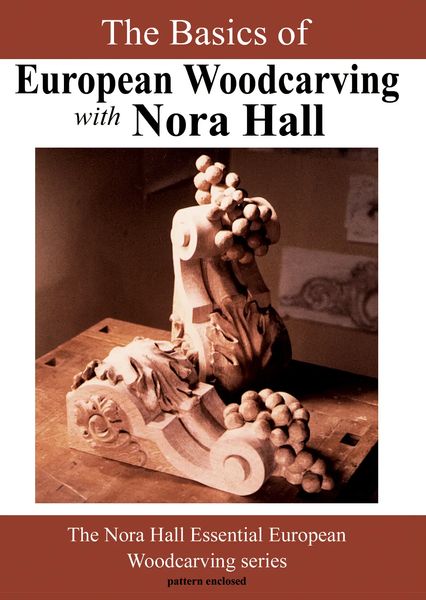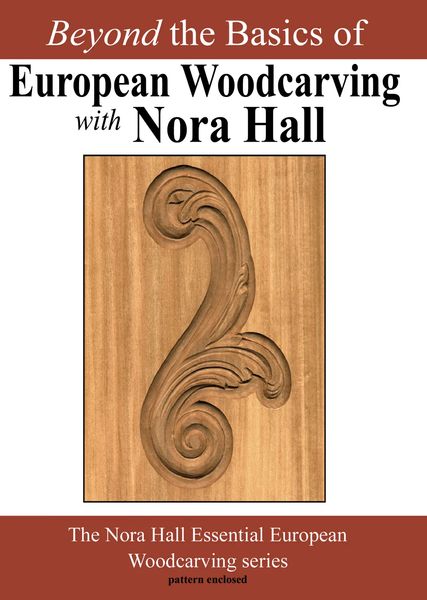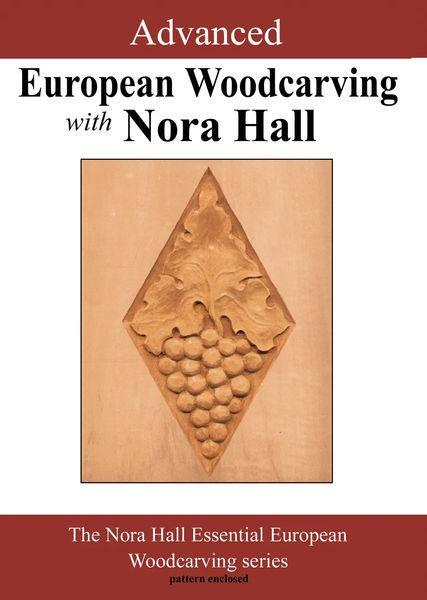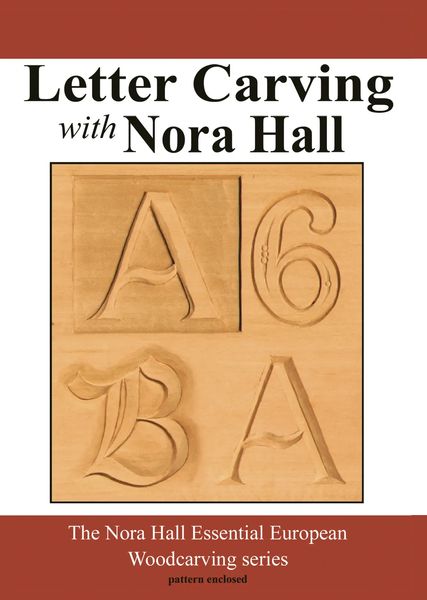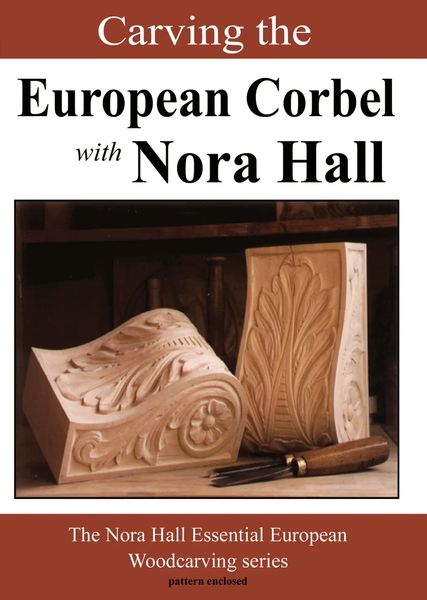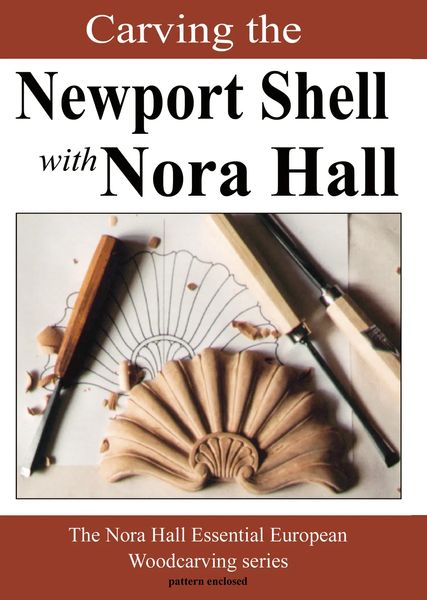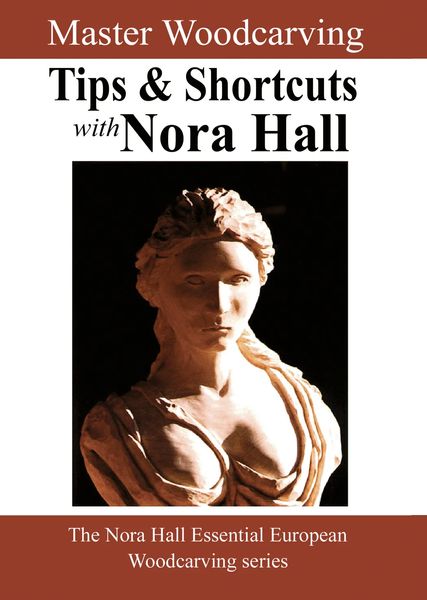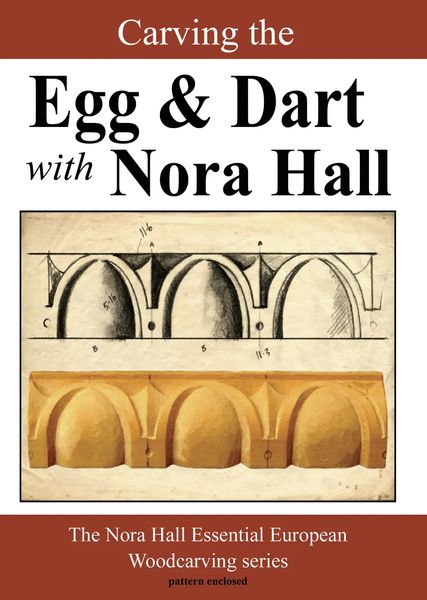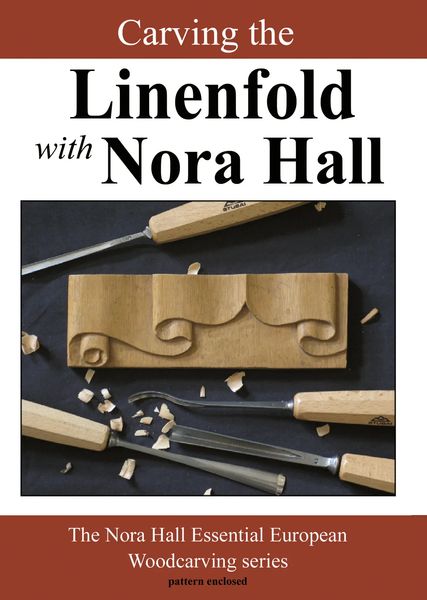History & Legacy
About Nora Hall
Internationally known master woodcarver and teacher Nora Hall was born in Amsterdam, Holland in 1922.
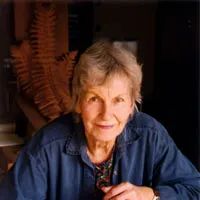
In Loving Memory
Nora Hall
1922-2011
Preserving the Heritage
Nora Hall's History
Internationally known master woodcarver and teacher Nora Hall was born in Amsterdam, Holland in 1922. Her father was the renowned Dutch master woodcarver Johannes Leereveld. The Leereveld household was marked by an atmosphere of culture, radical politics, and lively debates, and many a night Nora remembers the heated discussions raging on into the early mornings when her father held court to the numerous visiting intellectuals and artists, in those years between the two World Wars when writers such as Hemingway, Upton Sinclair, Faulkner, and F. Scott Fitzgerald were publishing their first books.
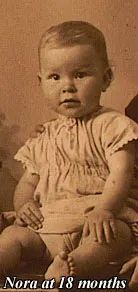
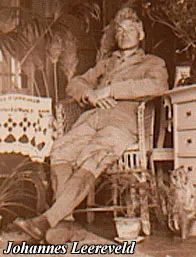
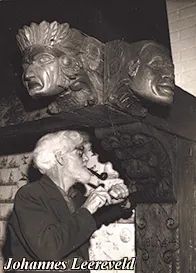
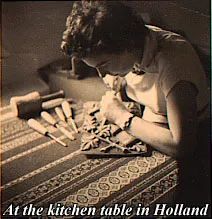
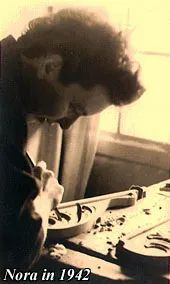
The second World War brought the German occupation of most of Europe including Holland, as well as hardship, starvation, and exportation of males to German factories as slave labor. Nora's parent's house had been built as an attachment to another house, facing the main road, and when the Germans carried out their surprise searches, they often mistakenly skipped the Leereveld home thinking it had been searched with the main house. This proved very valuable for the Dutch Underground and the Leerevelds hid many Jews and dissidents being smuggled out of the country.
The war also ended Nora's plans to attend art college. It was decided then that Nora would become an apprentice to her father, studying in the tradition of the great Dutch master woodcarvers of which her father was a member. This tradition was the centuries-old approach of immersing the novice completely in methods designed to instill speed and a wide range of essential skills in a relatively short period of time so the apprentice was soon a valuable asset in the master woodcarver's studio. These are the very same efficient, speed-building methods Nora imparts today to her students nation-wide and in her Essential European Woodcarving video series.
Once or twice a month, Nora would take time from her woodcarving duties to travel two days on her bicycle to the farmers for meat and vegetables for the Dutch Underground and to feed her family; a very dangerous activity that, had she been caught, would have landed her in a concentration camp as a criminal.
Nora believes that the hardships of the depression and the war gave her a unique and profound appreciation for the freedom and abundance which exists in the United States -- the country she immigrated to in 1956.
"Woodcarvers don’t make mistakes, They just change the design!!"
~ Nora Hall
Learn more about Nora in her Essential European Woodcarving DVD Series
